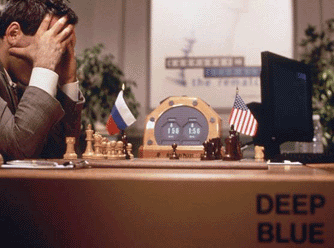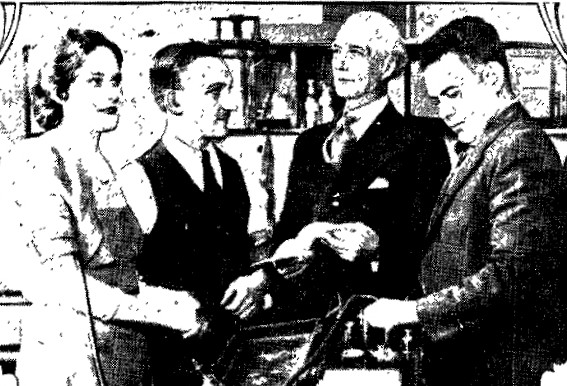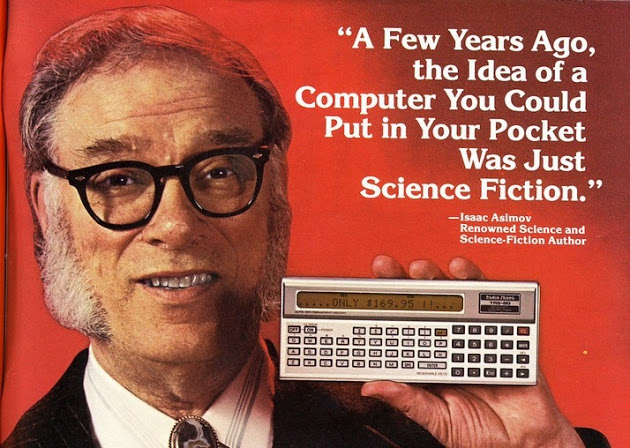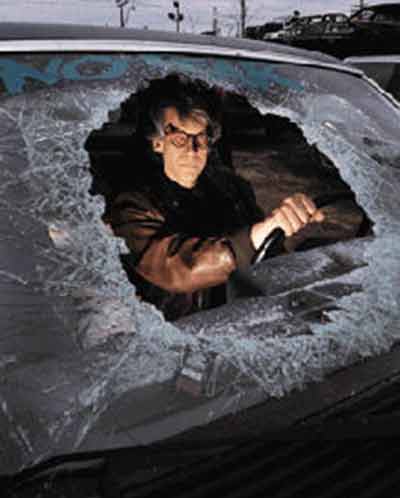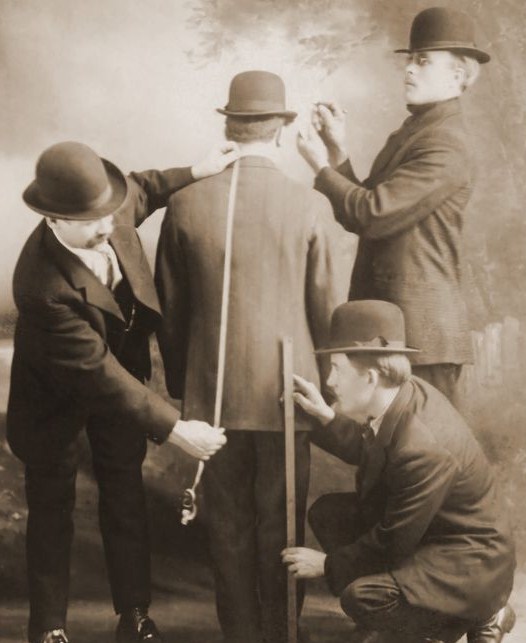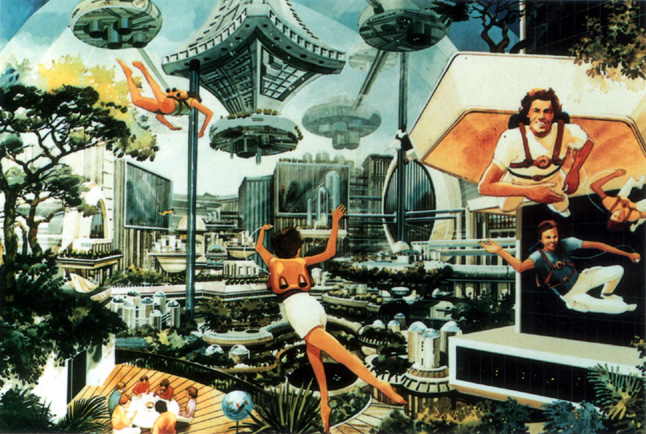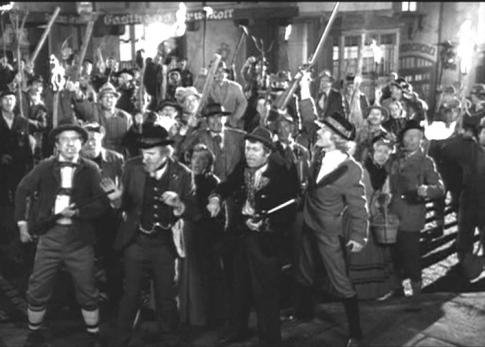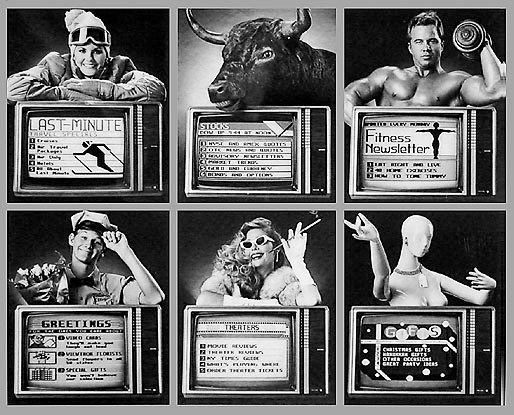
Humans experience consciousness even though we don’t have a solution to the hard problem. Will we have to crack the code before we can make truly smart machines–ones that not only do but know what they are doing–or is there a way to translate the skills of the human brain to machines without figuring out the mystery? From Marvin Minsky’s 1982 essay, “Why People Think Computers Can’t“:
“CAN MACHINES BE CREATIVE?
We naturally admire our Einsteins and Beethovens, and wonder if
computers ever could create such wondrous theories or symphonies. Most
people think that creativity requires some special, magical ‘gift’ that
simply cannot be explained. If so, then no computer could create – since
anything machines can do most people think can be explained.
To see what’s wrong with that, we must avoid one naive trap. We mustn’t
only look at works our culture views as very great, until we first get good
ideas about how ordinary people do ordinary things. We can’t expect to
guess, right off, how great composers write great symphonies. I don’t
believe that there’s much difference between ordinary thought and
highly creative thought. I don’t blame anyone for not being able to do
everything the most creative people do. I don’t blame them for not being
able to explain it, either. I do object to the idea that, just because we can’t
explain it now, then no one ever could imagine how creativity works.
We shouldn’t intimidate ourselves by our admiration of our Beethovens
and Einsteins. Instead, we ought to be annoyed by our ignorance of how
we get ideas – and not just our ‘creative’ ones. Were so accustomed to the
marvels of the unusual that we forget how little we know about the
marvels of ordinary thinking. Perhaps our superstitions about creativity
serve some other needs, such as supplying us with heroes with such
special qualities that, somehow, our deficiencies seem more excusable.
Do outstanding minds differ from ordinary minds in any special way? I
don’t believe that there is anything basically different in a genius, except
for having an unusual combination of abilities, none very special by
itself. There must be some intense concern with some subject, but that’s
common enough. There also must be great proficiency in that subject;
this, too, is not so rare; we call it craftsmanship. There has to be enough
self-confidence to stand against the scorn of peers; alone, we call that
stubbornness. And certainly, there must be common sense. As I see it, any
ordinary person who can understand an ordinary conversation has
already in his head most of what our heroes have. So, why can’t
‘ordinary, common sense’ – when better balanced and more fiercely
motivated – make anyone a genius,
So still we have to ask, why doesn’t everyone acquire such a combination?
First, of course, it sometimes just the accident of finding a novel way to
look at things. But, then, there may be certain kinds of difference-in-
degree. One is in how such people learn to manage what they learn:
beneath the surface of their mastery, creative people must have
unconscious administrative skills that knit the many things they know
together. The other difference is in why some people learn so many more
and better skills. A good composer masters many skills of phrase and
theme – but so does anyone who talks coherently.
Why do some people learn so much so well? The simplest hypothesis is
that they’ve come across some better ways to learn! Perhaps such ‘gifts’
are little more than tricks of ‘higher-order’ expertise. Just as one child
learns to re-arrange its building-blocks in clever ways, another child
might learn to play, inside its head, at rearranging how it learns!
Our cultures don’t encourage us to think much about learning. Instead
we regard it as something that just happens to us. But learning must itself
consist of sets of skills we grow ourselves; we start with only some of them
and and slowly grow the rest. Why don’t more people keep on learning
more and better learning skills? Because it’s not rewarded right away, its
payoff has a long delay. When children play with pails and sand, they’re
usually concerned with goals like filling pails with sand. But once a child
concerns itself instead with how to better learn, then that might lead to
exponential learning growth! Each better way to learn to learn would lead
to better ways to learn – and this could magnify itself into an awesome,
qualitative change. Thus, first-rank ‘creativity’ could be just the
consequence of little childhood accidents.
So why is genius so rare, if each has almost all it takes? Perhaps because
our evolution works with mindless disrespect for individuals. I’m sure no
culture could survive, where everyone finds different ways to think. If
so, how sad, for that means genes for genius would need, instead of
nurturing, a frequent weeding out.”


